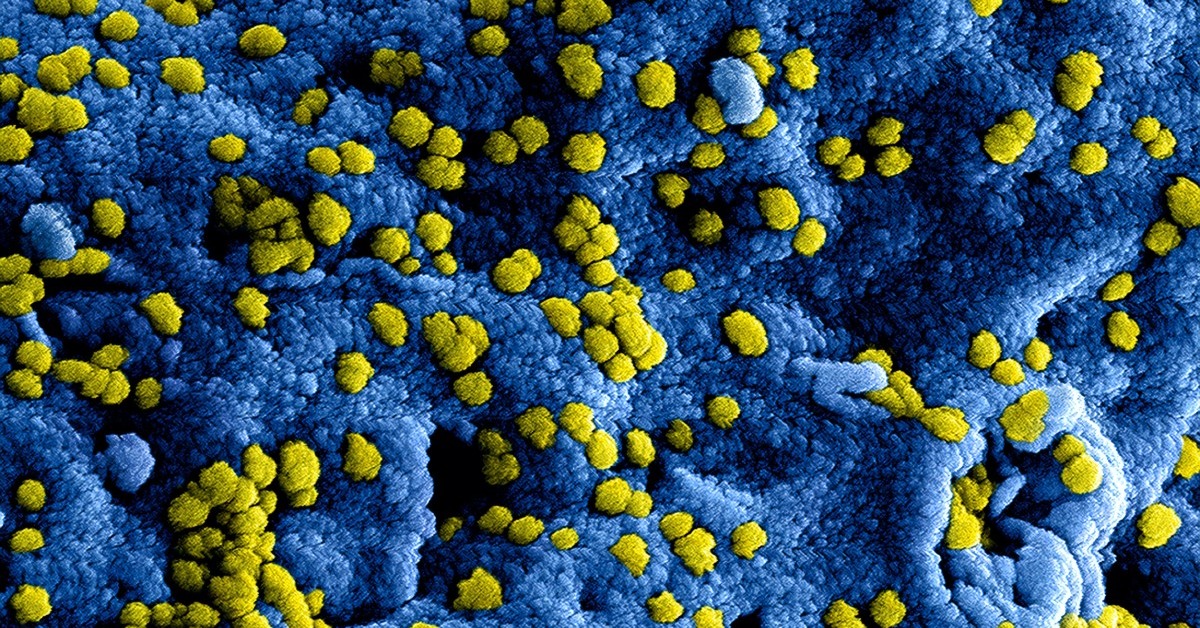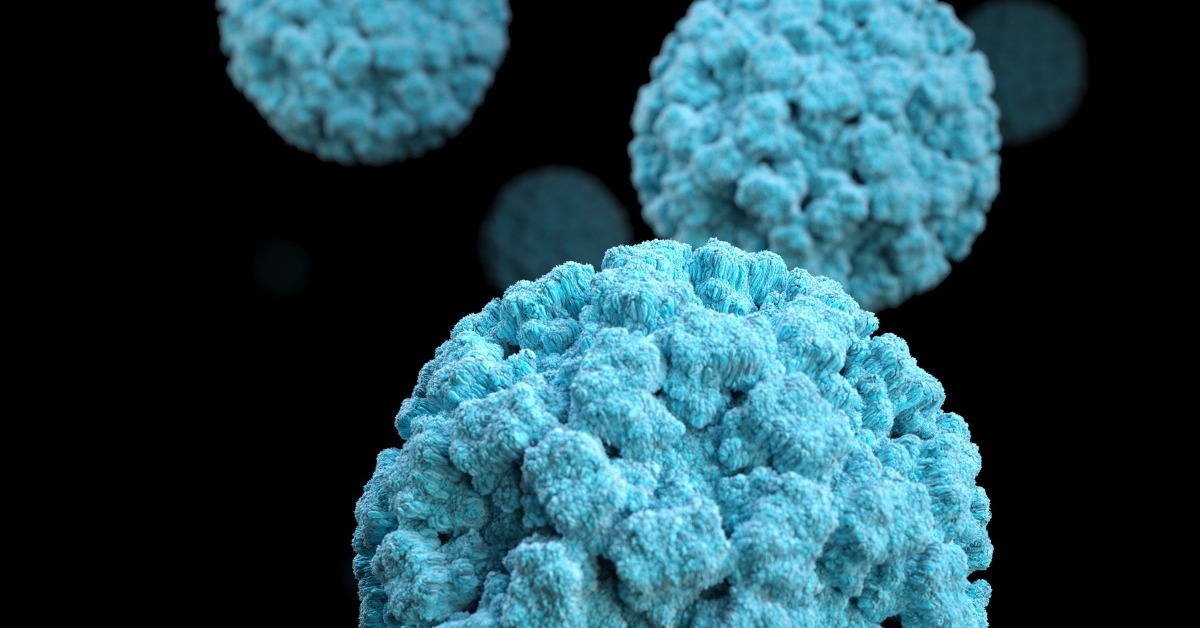
What Is Public Health Informatics and How Is It Used?
Public health officials at agencies like the CDC utilize public [...]
Epidemiology is a hot topic whenever there’s a disease outbreak or epidemic. During the COVID-19 pandemic, everyone from doctors to politicians looked to epidemiologists for information and guidance. The sudden prominence of so of these many public health professionals left many wondering, “What is epidemiology, anyway?”
It’s understandable if people are confused. There are a lot of misconceptions about what epidemiology is and isn’t. Most people associate this scientific discipline with infectious disease control. It’s true that many epidemiologists study why, how, and when people contract diseases. However, epidemiology is concerned with a lot more than just outbreaks, epidemics, and pandemics. In this discipline, data-driven scientists study the development and outcomes of diseases to identify, track, and mitigate the risks of existing and emerging public health problems.
Epidemiology is a vast discipline, and epidemiological research benefits people directly and indirectly. Some epidemiologists develop strategies to slow the spread of diseases during outbreaks and pandemics. Others help pharmaceutical companies create more effective medicines. Some epidemiologists work in public policy developing initiatives to improve access to healthcare or deliver the tools populations need to improve health outcomes. Others still study diseases at the molecular level.
Studying who gets sick or dies, when they get sick or die, and where they get sick or die can help doctors, researchers, drug manufacturers, and politicians figure out what causes diseases, why people get injured, who is most vulnerable to injury or illness, and what steps we can take to prevent the spread of illnesses and protect at-risk populations. That’s a lot of valuable information, which is why epidemiology forms one of the cornerstones of modern public health.
In this article, we answer the question what is epidemiology? In the process, we cover the following:
People have been conducting epidemiological researcht for as long as there have been doctors. Until fairly recently, almost all epidemiological research was conducted by physicians.
Epidemiology came into its own as a science gradually. Anesthesiologist John Snow is considered by many the father of field epidemiology. By studying where people who got sick during an epidemic of cholera in 1850s London lived and worked—i.e., the geographic distribution of cases—he was able to trace the source of the outbreak to a specific water pump.
Doctor Janet Elizabeth Lane-Claypon might reasonably be called the mother of modern epidemiology. She pioneered the use of cohort studies and case-control studies in her research into both infant growth and breast cancer risk factors and treatments in the early 1900s. The epidemiological investigation techniques she developed are still an important part of the profession today.
Like all scientific disciplines, epidemiology has evolved. At first, epidemiology was focused almost exclusively on infectious diseases. However, beginning in the 1930s, epidemiological researchers started looking at noninfectious diseases, environmental health hazards, occupational injuries, and violence. When scientists began mapping genomes in the 1990s, epidemiological researchers started looking at the molecular and genetic factors underlying disease transmission. Today, epidemiology has expanded to include research into bioterrorism and the potential effects of chemical weaponry.
Epidemiology is the study of diseases, injuries, and death across populations. The overall goals of epidemiology are to:
This involves a lot of research. Epidemiologists pore over historical and present-day medical and health data to spot trends that can be used to track diseases, develop public health initiatives, and find new ways to treat or prevent illnesses and injuries. During the coronavirus pandemic, for instance, epidemiological research was behind the “flatten the curve” initiatives that helped prevent US hospital systems from being overwhelmed by new cases.
Epidemiology is focused on populations (i.e., groups with something in common), which makes it fundamentally different from medicine. A doctor can look at risk factors, diagnose illnesses, and develop treatments for one patient at a time. Epidemiologists do similar work for groups of people. These groups can include:
It’s possible to work in the field of epidemiology with a bachelor’s degree in biostatistics, public health, sociology, health informatics, public health, or biology. However, becoming an epidemiologist requires a master’s degree.
There are two main degree pathways for aspiring epidemiologists: the MPH in Epidemiology, and the Master of Science in Epidemiology. Some colleges and universities, like the University of Pittsburgh, offer both. The school’s program descriptions illustrate the biggest differences between these two degree pathways.
According to UPitt’s program websites, the MPH in Epidemiology program “provides students with an epidemiological approach to public health, which includes a broad overview to epidemiology, biostatistics, and the environmental influences on health, public health planning, and health services.” The MS in Epidemiology program “provides concentrated training in epidemiological concepts, skills, and methodology with a research focus. It includes a flexible mix of courses in epidemiology and biostatistics.” These programs overlap substantially when it comes to curricula. Still, as a general rule, MPH programs typically have a much broader focus. In contrast, MS programs tend to be laser-focused on the science of epidemiology and the related statistical research methods.
Both of these master’s degree pathways may or may not have specific degree prerequisites for applicants. Tulane University of Louisiana, for example, states in its Master of Public Health (MPH) in Epidemiology program description that it’s designed for “professionals currently employed in the health field and those without previous training or experience in public health.” Other programs require academic and/or professional experience.
There are also epidemiology degrees at the doctoral level, including the public health PhD in Epidemiology, the Doctor of Public Health (DrPH) in Epidemiology, and joint MD/PhD degree programs. These are typically designed for epidemiologists who want to work in academia, oversee clinical trials, or qualify for higher-level clinical or research positions. Doctoral-level epidemiology programs typically have much stricter prerequisites. Students typically have master’s degrees in epidemiology or a closely related degree as well as real-world professional experience in epidemiology.
So many factors influence public health; epidemiology looks at almost all of them. Consequently, there is no such thing as a generalist in epidemiology. There are instead many kinds of epidemiologists, all of whom specialize in one or more public health areas. Some study epidemic diseases while others study non-communicable health conditions like high blood pressure, depression, diabetes, and obesity. There are even epidemiological researchers who study gun violence, domestic violence, and workplace hazards.
Some epidemiology career specialties include:
Epidemiologists in different specialties do very different things. For example:
Epidemiology involves a lot of research. Math and statistics both play considerable roles in epidemiology, but epidemiologists aren’t just number crunchers. They also need a firm grasp of medical fundamentals and behavioral psychology.
Epidemiology is a discipline that involves many moving parts. Epidemiologists have to be adept at knowing what data to look at when. It’s possible when researching the spread of a single disease, for instance, to draw one conclusion from historical data and another entirely different conclusion from present-day data. That’s because people and cultures change.
Finally, epidemiology is an ever-changing field that relies on ever-changing technology. In Eras in Epidemiology: The Evolution of Ideas, a history of the discipline, authors Mervyn Susser and Zena Stein write that an epidemiologist must be “competent in statistics but not a statistician; [have] a grasp of concrete biomedical reality without being a clinician responsible for the medical care of individuals; and, [able to] comprehend the basic elements of society and social structure without being a sociologist or anthropologist and can also work with large amounts of electronic data and program complex analytic models without being a computer scientist.” Epidemiological researchers must be ready and willing to use the latest hardware and software.
It’s tough to pin down how much professionals in epidemiology earn because ‘epidemiologist’ is such a broad job category. The average epidemiologist annual income in the United States is around $80,000, according to the Bureau of Labor Statistics (BLS). How much people earn in epidemiology largely depends on their specialty and where they work.
Epidemiologists in scientific research and development services, for instance, earn more than those who work for colleges and universities or state government agencies. The highest-paid epidemiologists work in research, pharmaceuticals, and medicine. It’s worth noting, however, that there are also roles in epidemiology that don’t have ‘epidemiologist’ in the title. Some epidemiologists are biostatisticians, infection prevention consultants, healthcare policy analysts, or healthcare administrators.
Epidemiology is a broad field but one that tends to attract a certain kind of person. At the 47th annual meeting of the Society for Epidemiologic Research, multiple Then and Now sessions explored epidemiology in the past and present. Researchers have looked at these sessions and found that epidemiology as a discipline “attracts talented individuals who appreciate the many challenges… such as disease complexity, the many mixtures to which humans are exposed, the difficulty in motivating behavioral change, and the uneven access to and use of preventive and therapeutic clinical services.”
In short, epidemiologists are passionate about public health and believe they can save lives, even when the challenges they’re facing seem insurmountable. And they’re not wrong. Epidemiology researchers and epidemiologists in applied public health have probably saved more lives than doctors ever will.
(Last Updated on June 27, 2024)
Questions or feedback? Email editor@noodle.com

Public health officials at agencies like the CDC utilize public [...]

Public health is a broad discipline, which means that it's [...]

Epidemiologists do a lot to keep us safe and healthy. [...]

In a global pandemic, the epidemiologist is king. Tracking infections [...]

In this role, you'll do more to keep people safe [...]
Categorized as: Epidemiology, Public Administration & Policy, Public Health, Nursing & Healthcare